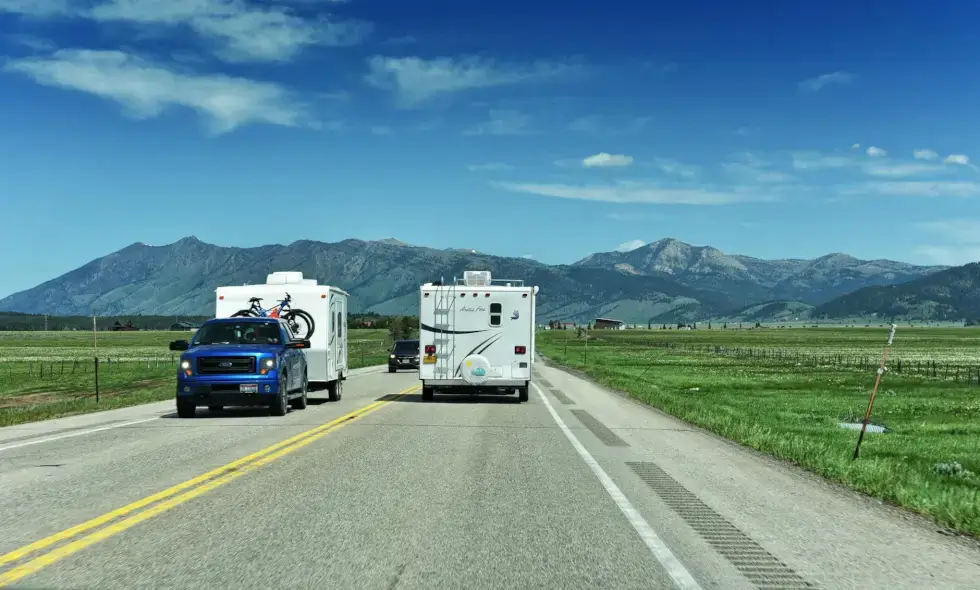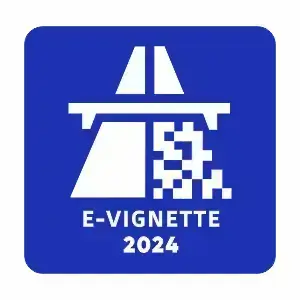Romania has the opportunity to cross the 1,250 kilometers of opened highways this year, as the CEO of the Romanian National Highway Development Company (CNAIR), Cristian Pistol, said at the conference "Romania, finally on the road: Record investments and huge challenges in the road network" , organized by Antena 3 CNN. At the end of last year, the total length of the country's highways increased by only 48 kilometers, while this year this increase is expected to exceed 140 kilometers, a number that would have been unthinkable a few years ago. At the beginning of November, the country had 1,122 km of highways and expressways, 777 km were under construction and 646 km were announced. Cristian Pistol, the head of CNAIR, described the projects that are expected to be completed by the end of the year, so that the country can be enriched with 140 km of highways. Considering the weather report, Pistol is optimistic that this goal is achievable. Priorities include the Buzău-Focșani highway, which belongs to the A7 Moldavia, and the completion of additional sections of the Craiova-Pitești road.
In addition, the goal is to connect the 2 km section of the A0 highway and the northern ring road. The construction of the Ploiești-Buzău section of the A7 highway is progressing well, but the procurement of construction materials presents challenges for companies. Regarding 2025, the president of CNAIR emphasized that new road and highway sections are expected, although their implementation depends on financing and the stability of material procurement. "The A7 highway up to Pascani can be completed in its entirety, which will be realized with funds from the PNRR." One of the most awaited roads in Romania is the Comarnic-Brașov highway, for which a new technical-economic study is now being prepared.
The costs were revised and the previous estimate of 9 billion euros was reduced to 5.7 billion. Bypasses are currently under construction to ease traffic problems. According to Adrian Câciu, the Minister responsible for European Projects, Romania has an unprecedented amount of financing resources, exceeding 20 billion euros. Cristian Erbașu, the CEO of Erbașu Construcții, highlighted the problems arising in the field of manpower, bureaucracy and financing, while Radu Spirea drew attention to the importance of signals in infrastructure. And Ramona Oprea, head of Deltabloc Ro, spoke about the life-saving elements of road infrastructure, especially the role of concrete separation strips in preventing accidents.



 Deutsch (DE)
Deutsch (DE)
 Greek (GR)
Greek (GR)
 Italiano (IT)
Italiano (IT)
 Magyar (HU)
Magyar (HU)
 Polski (PL)
Polski (PL)
 Română (RO)
Română (RO)
 Slovensky (SK)
Slovensky (SK)
 Slovenščina (SL)
Slovenščina (SL)
 Türkçe (TR)
Türkçe (TR)
 Česká (CZ)
Česká (CZ)








